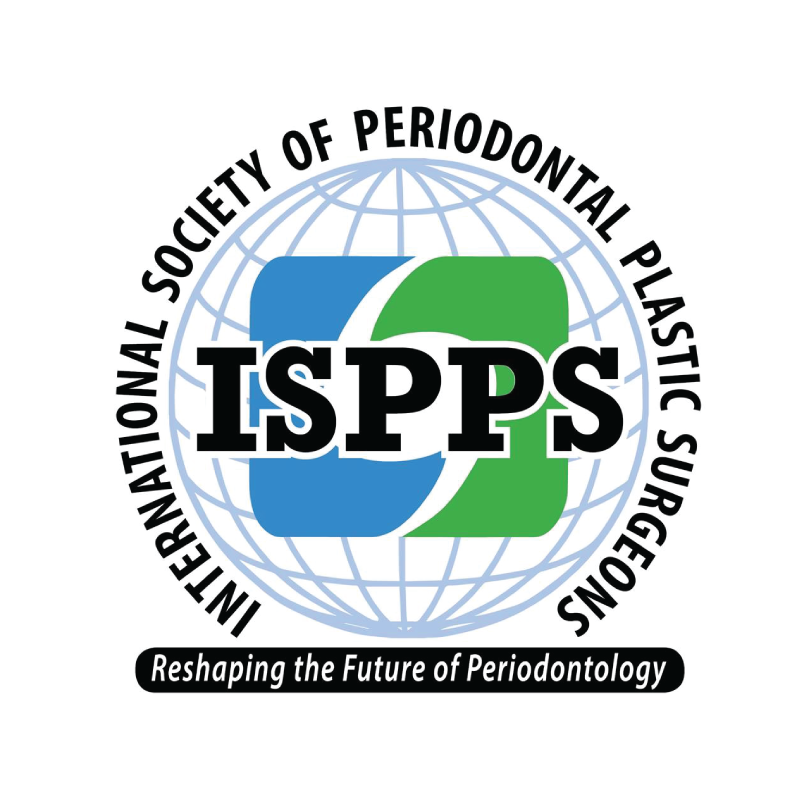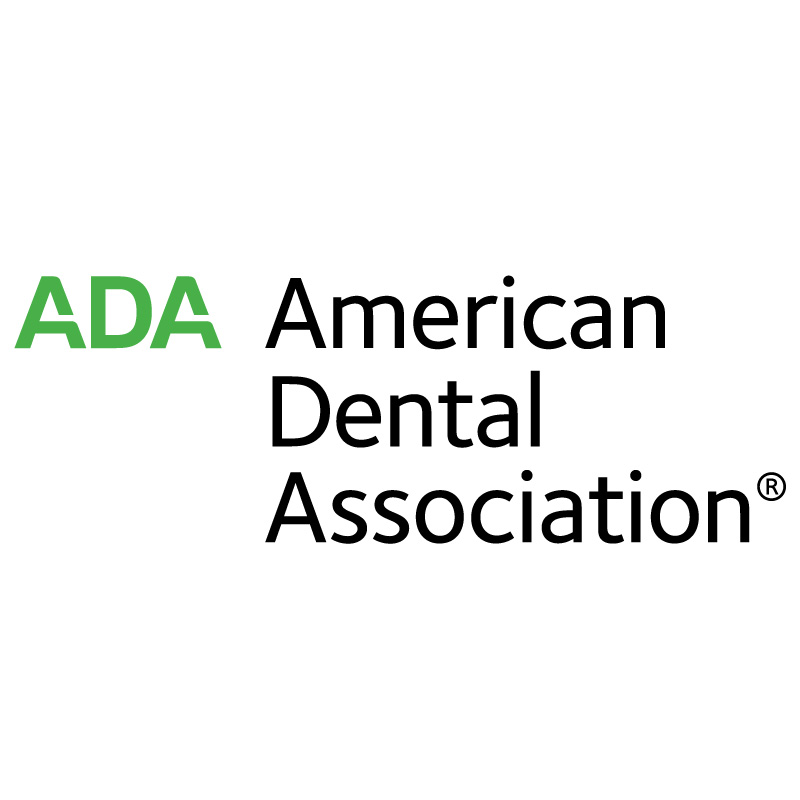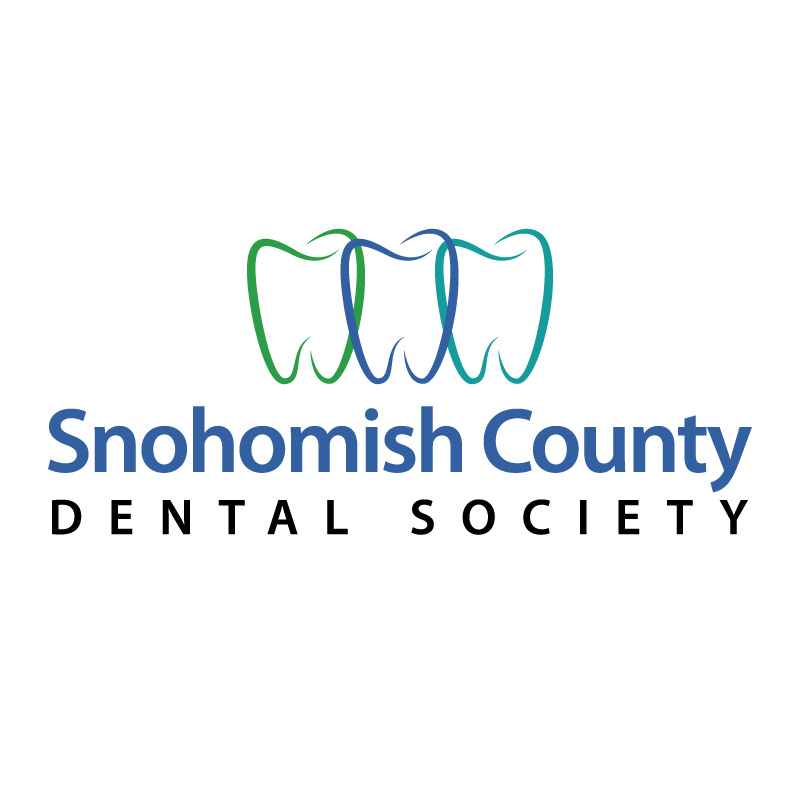There are many forms of periodontal disease, and it is more common than one would think. Periodontal disease in some form will affect 4 out 5 adults by the age of 45. Periodontitis has been also been linked to other systemic conditions such as diabetes and heart disease, therefore we advocate for prevention and early intervention as much as possible.
Untreated gum disease can lead to serious dental problems such as tooth loss, inability to chew, shifting of teeth, pain, and other manifestations. Regular exams and cleanings are the best way to help avoid these complications. We hope you will find this page helpful in understanding the different forms of periodontal disease and possible treatments.


Untreated gum disease can lead to serious dental problems such as tooth loss, inability to chew, shifting of teeth, pain, and other manifestations. Regular exams and cleanings are the best way to help avoid these complications. We hope you will find this page helpful in understanding the different forms of periodontal disease and possible treatments.


- Gingivitis: Is the mildest form of periodontal disease and is usually associated with redness and bleeding gums caused by the build-up of dental plaque. It can also be exacerbated by certain medications, hormones, genetic factors, pregnancy, diabetes and other systemic conditions. Symptoms can often be reversed by an improved oral hygiene and homecare program, as well as routine cleanings in the dental office. If not addressed, gingivitis can lead to periodontitis.
- Periodontitis: Is a more severe form of gum disease that occurs as bacteria plaque and inflammation progresses beneath the gum line. This results in loss of supporting tissue and bone, leading to the formation of a periodontal pocket. Scaling and root planing, often referred to as a “deep cleaning” is recommended to clean the deeper areas and prevent further loss of bone. If a deep cleaning does not improve the pockets, periodontal surgery is recommended to help stop the bone loss. Tooth loss and shifting of teeth may occur over time, leading to problems with chewing, speaking and appearance. Periodontitis is also affected by smoking, diabetes, stress, tooth grinding, and other conditions, so treatment is most successful with a comprehensive dental and overall health plan.
- Gum Recession: Occurs when the margin of the gum tissue recedes from its normal position, exposing a portion of the root. The condition is non-reversible, and can be caused by traumatic brushing, genetic factors, tooth movement, thin gum tissue, as well as plaque and inflammation. With exposure of the root surface, the dentin of the tooth can become worn or eroded, potentially leading to notching, sensitivity, unsightly appearance and discomfort while brushing. In severe cases there is no more gum tissue to help support help the tooth, leading to tooth mobility and even tooth loss. We advocate for a consultation to determine the severity of gum recession and which treatment would be recommended. Gum grafting is often the treatment of choice for moderate to severe recession, and will repair the gum tissue to help improve the esthetics and lifespan of the tooth.
- Peri-Implantitis: Implants are becoming the treatment of choice for missing teeth, and they have similar needs to teeth to remain healthy long-term. If plaque build-up occurs around implants, it can lead to gingivitis and even bone loss, or peri-implantitis. It is estimated that 10-30% of implants in the general public have peri-implantitis, and as a periodontal practice we strive to minimize this prevalence. Implants should have a homecare and maintenance program to help keep them clean, and our goal at Lynnwood Periodontics & Implants is to ensure that every implant we place starts healthy and stays healthy to prevent future complications.
Periodontal Services
Quick Contact
What People Are Saying
Affiliations
Dr. Brian Brancheau is an active member of
Dr. Brian Brancheau is an active member of









